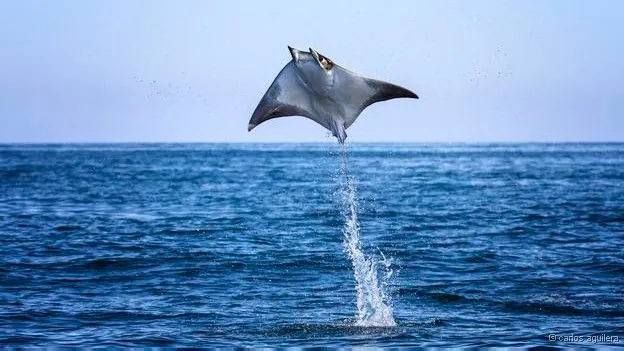Global study shows critical decline in shark and Stingray populations over 50 years
Kyiv • UNN
Overfishing has reduced the number of sharks and rays by more than 50% since 1970. More than a third of chondrichthians are now threatened with extinction due to trapping, environmental degradation, and climate change.

A new paper in Science has estimated the global rate of extinction of sharks and Rays.
Transmits UNN with reference to Rhus.
A new global study blames overfishing for a more than 50% decline in shark and Stingray populations since 1970, but also shows a clear path to preventing further declines in their numbers.
Explains James Cook University Professor Colin Simpfendorfer, who co-authored the analysis published in the journal Science.
Overfishing has caused populations of chondrous fish - sharks, rays, and chimeras (closely related to sharks) - to decline by more than half in the last 50 years.
The expert also noted that in addition to deliberate catching and by-catch, the threat to sharks is aggravated by habitat degradation, climate change and pollution. As a result, more than a third of chondrichthians are now threatened with extinction.
Professor Simpfendorfer said that despite the worrying trends, the analysis shows a clear path to solving the problem.

Countries can reduce the risk of extinction by reducing fishing to sustainable levels, strengthening fisheries management, and eliminating harmful subsidies. Progress has already created bright rays of hope for chondrichia, including in Australia, Canada, New Zealand, the United States, and parts of Europe and South Africa